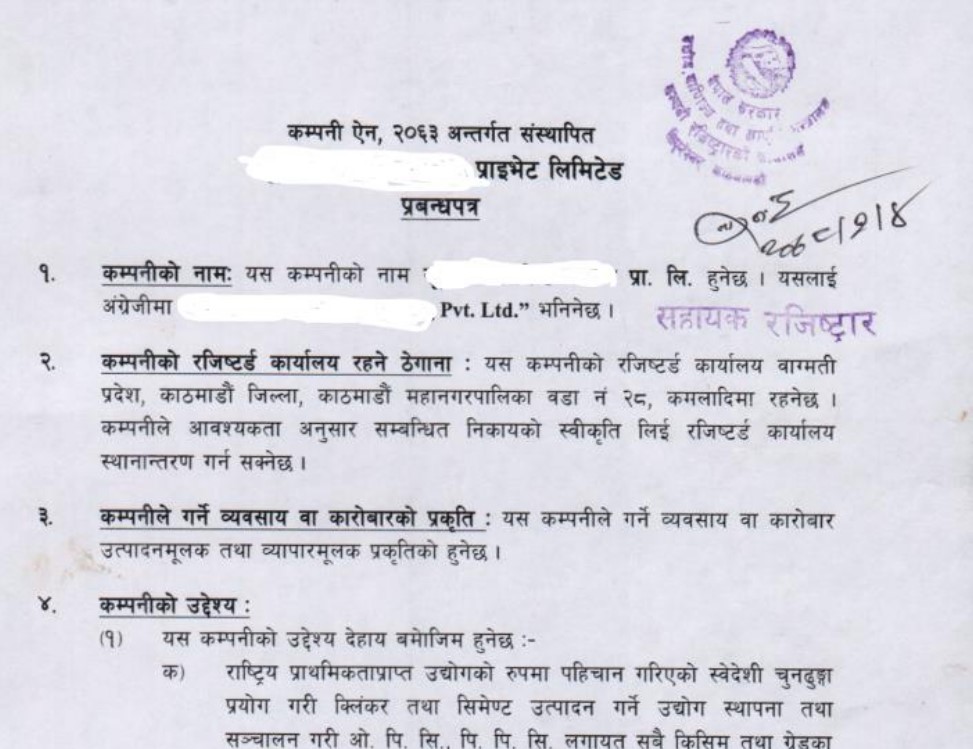You and your friend are looking to start a very high growth technology company. You agree to become cofounders where you are to invest the money while your friend, a tech geek, is supposed to build a product.
And both of you agree to own the business 50% each. So, you provide the initial investment and your friend, the tech geek, hires a team and starts working on the product. Every month you transfer a certain sum of money to him as per his request which covers the operational cost including his huge salary. Six months into the arrangement, your co-founder is still working and cannot tell you exactly what the status of the product is and when it will be complete.
You run out of patience and money too. And you tell your co-founder to give a concrete timeline and answers regarding the product as well as when the product will hit the market. All of a sudden, your co-founder says that he is quitting as he does not like the constant nagging.
Now you are left high and dry with an unfinished business and without a partner who can help you build this. All this while, your co-founder took a better than market salary and also may be the source code of the product.
And a few months down the line, your co-founder is launching the exact product that he said was building and you were supposed to be a 50% stakeholder. But then he has built the product using your money and cut you off at the final stage to launch the product on his own!
You feel cheated? But can you do anything? Maybe file a court case that may take years to decide and cost you more money while your co-founder may be raising rounds after rounds of investment and becoming a billionaire.
Is there any way that such situations can be avoided? And the interest of both the co-founders is well protected?
Of course! Have every initial arrangement and agreement between your partner or the co-founder in writing! Yes, a well drafted agreement between both of you could have done wonders for you. Not only would your co-founder dare to ditch you at the last moment, he would be legally answerable to you if the product development timeline, his role and ownership of the intellectual property rights in the product, among other things were clearly specified. In addition, non-compete clauses as well as a founder lock in period would have protected your interests more effectively and there would be a high possibility that both of you would be working together and raising the investment rounds together.
Well, by now, you may have already got the idea of how important a well drafted agreement is but may be wondering what this magic document is. The agreement is known as “founders' agreement” or a “co-founders agreement”. It is a legal document that outlines the rights and responsibilities of each founder in a startup. By creating a founders' agreement, you can:
- Clarify equity ownership and how it can be earned.
- Establish decision-making authority among co-founders.
- Protect intellectual property ownership.
- Prevent disputes among co-founders.
- Attract potential investors by demonstrating that you have a clear understanding of your roles and responsibilities.
Legal Provisions relating to a founders agreement in Nepal
Section 145 of the Company Act, 2063 of Nepal has a special provision applicable to private limited companies in Nepal. And as a private limited company is the ideal business structure for startups, you may benefit from the aforementioned special provision that recognizes the consensus agreement between the founders of a private limited company. The special provision also provides a great flexibility to the owners of the company to have a separate set of binding documents in addition to the standard constitutional documents i.e. the Memorandum of Association and the Articles of Association.
The consensus agreement as per Section 145 of the Company Act can provide for their own terms and conditions unless those matters are specifically governed by the Company Act itself. Here are the list of matters that the owners of private company may provide for in a consensus agreement:
- Company management and business operations
- Restrictions on the sale or transfer of shares
- Shareholders' power to dissolve the company
- Division and use of voting rights
- Employment terms for company personnel
- Appointments of directors and officers
- Dividend payment or distribution
- Absence of a board of directors provision
- Board functions performed by others if no board exists
- Provisions for annual general meetings (if not required)
- Types of shares and if they have different voting and other rights
The reason why the Company Act calls the agreements between the shareholders of a private limited company a “consensus agreement” instead of a founders agreement or a shareholder agreement is that it further extends the flexibility to execute the agreement at any stage of the company i.e. before incorporation, during incorporation or after incorporation. If the requirement was to have it before the incorporation, it could very well be called a founders agreement or a promoters’ agreement and if the agreement was to be executed after incorporation then it could be called a shareholders’ agreement.
Also the term “consensus agreement” makes more sense as all the owners are required to have a common consensus. It does not matter if a new shareholder enters the company. The new owner is required to execute a “deed of adherence” and become a party to the consensus agreement.
Key Clauses to Include in a Founders' Agreement
Some of the key clauses to include in your startup's founders' agreement are:
Equity Ownership:
This clause should outline how much equity each founder has, how it can be earned, and what happens if a founder leaves the company.
Vesting:
This clause should detail the vesting schedule for each founder's equity ownership. A typical vesting schedule is four years with a one-year cliff.
Decision-Making Authority:
This clause should establish decision-making authority among co-founders. It can also address how disputes will be resolved.
Roles and Responsibilities:
This clause should outline the specific roles and responsibilities of each founder, including any compensation or incentives.
Intellectual Property:
This clause should address intellectual property ownership, including assigning ownership of patents, trademarks, and copyrights to the startup.
Dividend Payment & Profit Distribution:
This clause should address the profit sharing or dividend eligibility as well as if there is a different arrangement for distribution of profit than the usual dividend distribution based on equity ownership.
Minority Interest Protection:
This clause should address matters related to major decision making in the company which may impact minority shareholders and since the company is run by the decision of the majority, there can be some reserved matters that needs to be approved even by the minority shareholders.
So, should your startup have a founders agreement?
In conclusion, a founders' agreement is an essential legal document for any startup. By clarifying equity ownership, establishing decision-making authority, protecting intellectual property, preventing disputes, and attracting potential investors, a solid founders' agreement can help set your startup on the path to success. If you're starting a new business, be sure to consult with a qualified startup lawyer to help you draft a founders' agreement that meets your needs and includes these key clauses. It is also one of the important documents that the potential investor looks for before investing in a startup. If your startup has more than one founder and if you do not have a well drafted and documented founder agreement, then this may be a possible red flag for the investor and before putting any money, they may ask you to execute a founder agreement. Investors sometimes require all the founders to be a part of the shareholders agreement they themselves become a party to and provide for all the required legal provision to protect everybody’s interest in general.
So, does your startup have a founders’ agreement or a co-founders’ agreement or a consensus agreement in place? Plan to have one? Book a free consultation call to know more. By the way, did we say that the consensus agreement needs to be submitted to the Office of Company Registrar?









